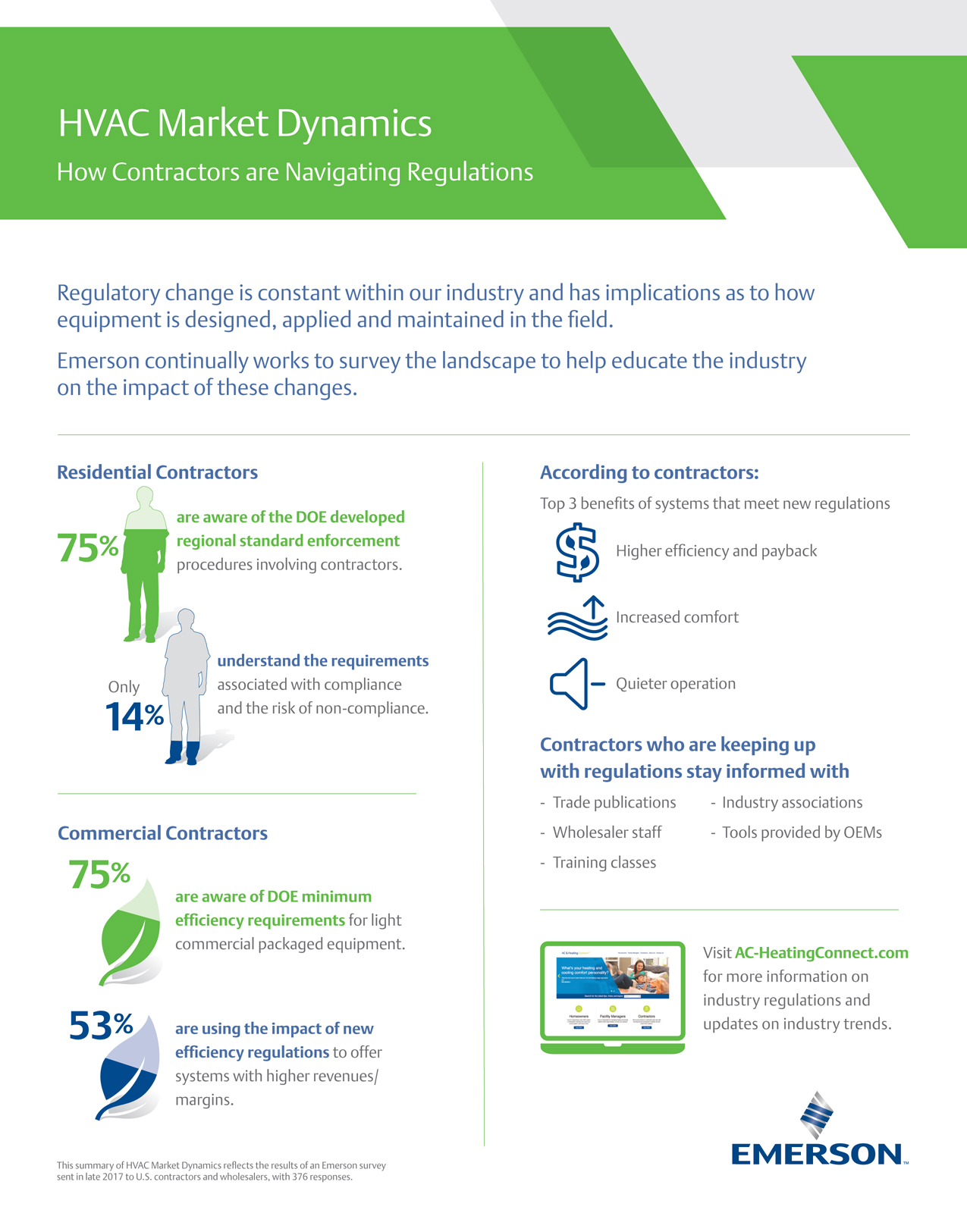If you have actually been observing weird audios originating from your heat pump or your home's temperature seems to have a mind of its very own, it could be time to review the health and wellness of your system. Yet do not strike the panic button just yet. There are subtle signs that typically go unnoticed however could be a sign of underlying concerns that, if left unaddressed, may result in even more substantial troubles down the line. Remain tuned to uncover the clues that could save you from a cool exploration.
Uncommon Sounds
If your heat pump is making uncommon sounds, maybe a sign that something is amiss. Typically, a well-functioning heat pump should run quietly, so any unusual noises could suggest a trouble.
One typical sound to listen for is a grinding or screeching sound, which may suggest that there are issues with the motor bearings or belt. If heat pumps mitsubishi listen to rattling or vibrating sounds, maybe due to loosened elements within the unit that need firm.
Hissing sounds could suggest a refrigerant leak, which is a severe issue that needs instant attention from a specialist specialist. Popping or banging noises could be an indication of dirty or blocked ductwork, triggering air flow constraints.
Ignoring these uncommon noises can result in further damage and possibly expensive repairs down the line. Therefore, it's critical to address any unfamiliar noises immediately by getting in touch with a certified cooling and heating specialist to diagnose and repair the concern prior to it escalates.
Irregular Home Heating or Air Conditioning
Experiencing irregular heating or cooling from your heatpump can be an irritating problem that disrupts your comfort in the house. If you see that specific locations of your home aren't reaching the desired temperature, while others are excessively cozy or cool, maybe an indicator of a defective heatpump. Irregular home heating or air conditioning might suggest problems with the thermostat, cooling agent levels, or the overall functioning of the unit.
This problem can bring about discomfort and trouble, especially throughout extreme climate condition. It can likewise cause your heatpump working overtime to attempt to regulate the temperature, resulting in raised deterioration on the system.
To resolve this issue, it is very important to have a specialist heating and cooling technician check and repair your heat pump to guarantee it's working efficiently and successfully. Neglecting inconsistent heating or cooling can lead to more damages and potentially higher repair work prices down the line.
Raised Power Expenses
During the optimal winter months, you might have noticed a considerable increase in your home power expenses. If your heatpump isn't functioning efficiently, it could be the wrongdoer behind these rising costs. When a heat pump requires repair work, it usually functions more challenging to maintain the desired temperature level in your house, leading to increased power consumption and greater expenses.
One usual reason for boosted power costs is a filthy or clogged filter in your heat pump system. A dirty filter restricts air flow, causing your heatpump to function more challenging and utilize even more power to warmth or cool your home effectively.
Additionally, refrigerant leakages, malfunctioning parts, or an aging system can all add to reduced performance and greater power usage.
If https://clark.com/homes-real-estate/broken-air-conditioning-system-replace-repair/ noticed an abrupt spike in your energy bills without a matching increase in use, it's necessary to have your heatpump inspected by a specialist. Dealing with any concerns immediately can not only aid reduce your power costs but likewise stop more damages to your heatpump system.
Conclusion
Don't neglect the indications your heatpump is giving you. Unusual noises, irregular heating or cooling, and higher power bills are all red flags that show your heat pump requires repair work. Resolving these concerns immediately can avoid further damage and keep your home comfortable and energy-efficient. Don't wait until it's too late - contact a specialist to assess and fix your heatpump immediately.
